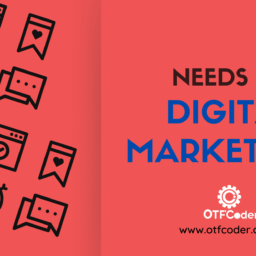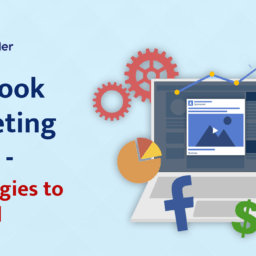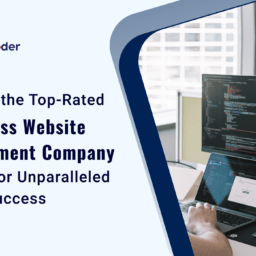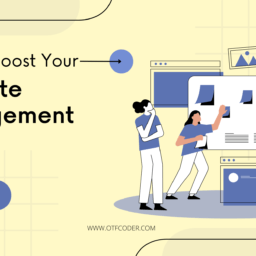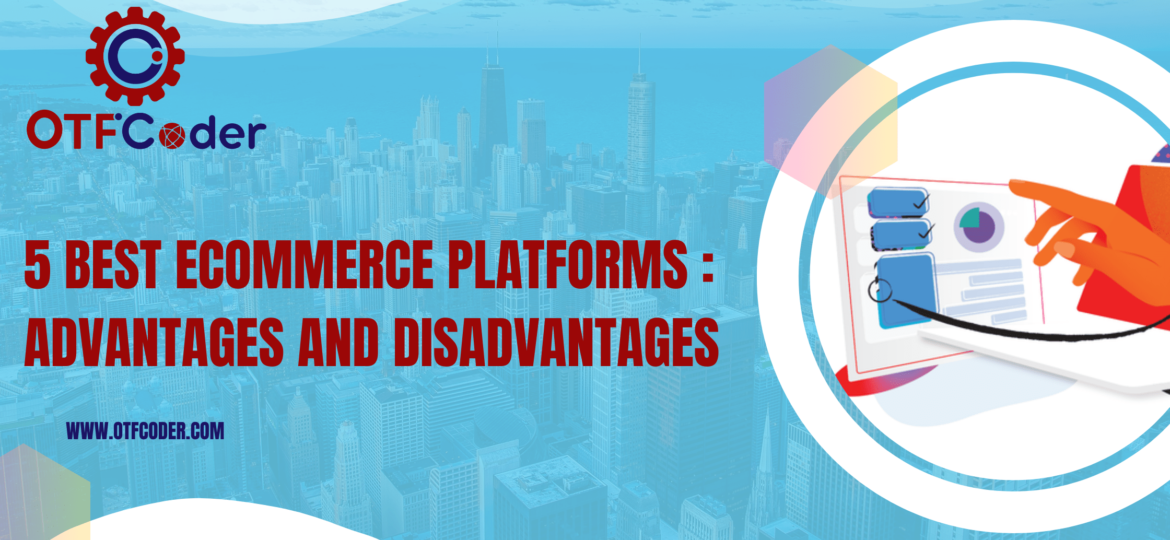
5 Best Ecommerce Platforms : Advantages and Disadvantages
Ecommerce solutions have revolutionized the way we shop and do business, and it has become increasingly important for businesses to have a strong online presence. An ecommerce platform is a software application that enables businesses to create an online store, manage their inventory, process payments, and more. With so many ecommerce platforms available, it can be challenging to choose the right one. In this article, we will discuss the five best ecommerce platforms, their advantages, and disadvantages.
1. Shopify

Shopify is a leading ecommerce platform that provides all the tools necessary to create an online store. It is a popular choice for small and medium-sized businesses due to its ease of use and affordable pricing. Shopify offers a range of features, including website design templates, inventory management, payment processing, and marketing tools. Shopify also has a large app store that provides additional functionality.
Advantages:
Easy to use with no coding required
Affordable pricing plans
Provides a range of features and tools
Large app store with a wide range of add-ons
Great customer support
Disadvantages:
Limited customization options for website design
Transaction fees for third-party payment gateways
Advanced features require higher pricing plans
2. WooCommerce
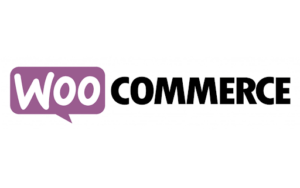
WooCommerce is a popular ecommerce platform for businesses that use WordPress as their content management system. It is an open-source plugin that can be installed on a WordPress website, turning it into an ecommerce store. WooCommerce provides a range of features, including product management, payment processing, and shipping options.
Advantages:
Integrates seamlessly with WordPress
Provides a range of features
Open-source and customizable
No transaction fees
Great community support
Disadvantages:
Requires knowledge of WordPress
May require additional plugins for certain features
Limited scalability for larger stores
3. Magento
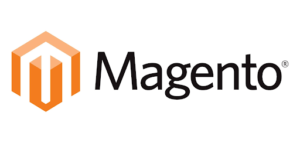
Magento is an ecommerce platform designed for businesses of all sizes, from small startups to large enterprises. It provides a range of features, including product management, payment processing, and marketing tools. Magento also has a large community of developers and designers that provide additional functionality.
Advantages:
Scalable for businesses of all sizes
Provides a range of features and customization options
Large community of developers and designers
Great for complex ecommerce sites
Open-source and customizable
Disadvantages:
Requires technical knowledge to set up and manage
Expensive pricing plans for enterprise-level features
Hosting can be expensive
4. BigCommerce

BigCommerce is a popular ecommerce platform that provides a range of features, including website design templates, inventory management, payment processing, and marketing tools. It is a good choice for businesses that want a scalable ecommerce platform with a range of features.
Advantages:
Scalable for businesses of all sizes
Provides a range of features and customization options
No transaction fees
Great customer support
Large app store with a wide range of add-ons
Disadvantages:
Limited design customization options
Advanced features require higher pricing plans
Limited support for multilingual websites
5. Volusion

Volusion is an ecommerce platform designed for small and medium-sized businesses. It provides a range of features, including website design templates, inventory management, payment processing, and marketing tools.
Advantages:
Easy to use with no coding required
Affordable pricing plans
Provides a range of features and tools
No transaction fees
Good customer support
Disadvantages:
Limited customization options for website design
Limited scalability for larger stores
Limited support for multilingual websites
Conclusion
In conclusion, there are many ecommerce platforms available, each with its own set of advantages and disadvantages. Choosing the right platform depends on the specific needs and goals of your business. Shopify, WooCommerce, Magento, BigCommerce, and Volusion are all great options, but it’s important to carefully evaluate each one before making a decision. With the right ecommerce platform, you can create a successful online store and take your business to the next level. Whether you choose to work with an ecommerce website development company or an ecommerce solution provider, finding the right IT company to help you implement your ecommerce solution is key to your success.


